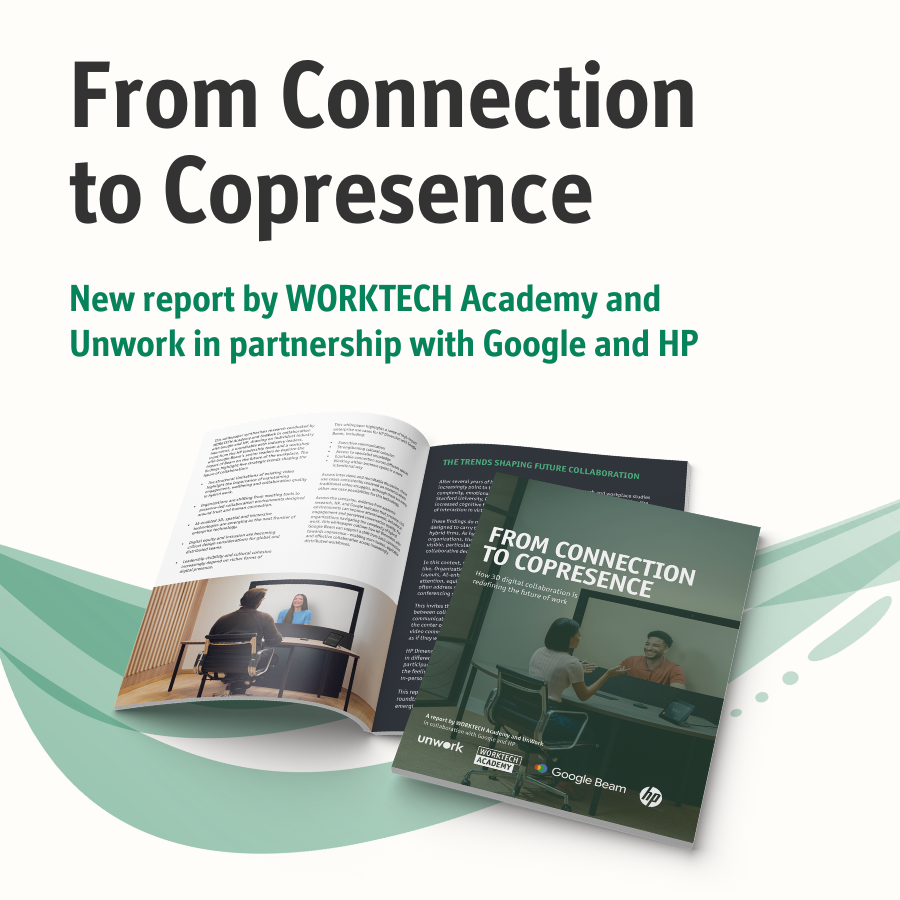Signal File: what this week’s headlines reveal about real drivers of performance
From hybrid work rhythm to clean air strategies and AI’s creative limits, this week’s roundup explores how organisations are rethinking presence, purpose and performance
Staying ahead in the rapidly evolving world of work means tuning into the signals shaping the future workplace. In this weekly column, we highlight the latest news on our radar and its implications on business.
What’s shifting this week? A common thread running through these stories is the rebalancing of trust and presence in a transforming workplace. Whether it’s aligning teams around strategy, defining the right dose of in-office time, or safeguarding human expertise in the age of AI, organisations are being called to reconsider not just how people work – but why they’re essential to the process. Even cleaner cities are proving their value, not just in lives saved but in sick days avoided.
Internal misalignment is a strategic risk
According to Axios HQ’s 2025 State of Internal Communications report, nearly one in three leaders say their teams are fully aligned with business goals – but just 9% of employees agree. That’s down from 44 and 14% last year, revealing a growing disconnect threatening strategy, morale and performance.
In action: Build alignment from the ground up by turning internal comms into a two-way conversation – not just a leadership broadcast.
A data-backed blueprint for hybrid work
In a three-month internal study, PwC analysed the impact of office attendance on employee engagement and performance. The result: employees who worked in-office between two to three days per week were more engaged, collaborative, and productive than those with fewer in-office days.
In action: Use internal data to define the right in-office rhythm. Aim for presence with purpose – not presenteeism – as hybrid models evolve.
Language learning is speeding up – but at a human cost
Duolingo is cutting back on human contractors, opting instead for generative AI to create course content. The company frames this as a move toward scale and efficiency. But while automation offers speed, it risks losing the cultural nuance, empathy and contextual insight that only human contributors can provide, especially in language learning, where subtlety matters most.
In action: Don’t lose cultural insight in the rush to automate. Preserve human-in-the-loop models where expertise, localisation and lived experience matter most.
London’s clean air policy is boosting public health and productivity
A recent study found an 18.5% drop in sick leave in Greater London following the implementation of low emission zones (LEZs), compared to areas without such policies. The findings link cleaner air directly to reduced absenteeism, offering compelling evidence that environmental interventions can drive both health and economic benefits.
In action: Factor environmental health into workplace strategy. Cleaner urban infrastructure isn’t just a public good – it’s a business advantage.








